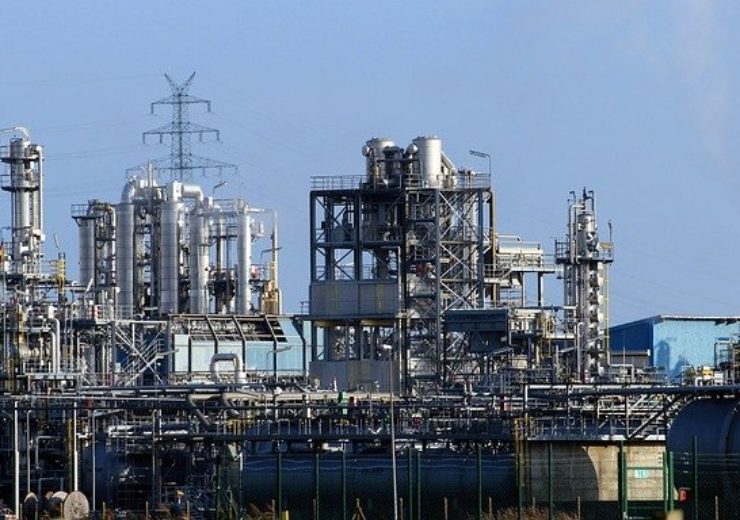HollyFrontier estimates the conversion of the Cheyenne Refinery to be completed in the first quarter of 2022

HollyFrontier to convert Cheyenne Refinery to renewable diesel production. (Credit: Pixabay/Frauke Feind)
HollyFrontier, a petroleum refiner and marketer, has announced plans to convert its Cheyenne Refinery to renewable diesel production.
The firm is also planning to build a pre-treatment unit (PTU) at the Artesia Refinery that will process more than 80% of the feedstock for two of its renewable diesel production facilities.
It anticipates to have a total capacity to produce more than 200 million gallons of renewable diesel per year with the new plant as well as the renewable diesel unit, which was announced last year.
Additionally, the firm expects to invest a total of approximately $650m to $750m in its renewables business.
HollyFrontier to repurpose Cheyenne Refinery to produce 90 million gallons per year of renewable diesel
HollyFrontier president and CEO Mike Jennings said: “Demand for renewable diesel, as well as other lower carbon fuels, is growing and taking market share based on both consumer preferences and support from substantial federal and state government incentive programs.
“This represents an exciting opportunity to enhance both the profitability and environmental footprint of HollyFrontier through organic investment.
“Today’s announcements lay the groundwork for an integrated renewables business at HollyFrontier, including multiple renewable diesel plants with feedstock flexibility.
“After 86 years as a petroleum refinery, Cheyenne will take on a new challenge. We realize that this decision affects many employees, their families and the community.”
The firm is planning to repurpose the current footprint and a portion of Cheyenne’s existing assets to produce about 90 million gallons per year of renewable diesel, with an investment of approximately $125m-$175m.
HollyFrontier estimates the conversion of the Cheyenne Refinery to be completed in the first quarter of 2022.
The company is expected to cease petroleum refining and reduce the workforce at the Cheyenne Refinery, following the coversion.
Slated to be operational in the first half of 2022, the new PTU will provide feedstock flexibility, mitigating single feedstock risk and generating value through the use of lower carbon intensity feed.
